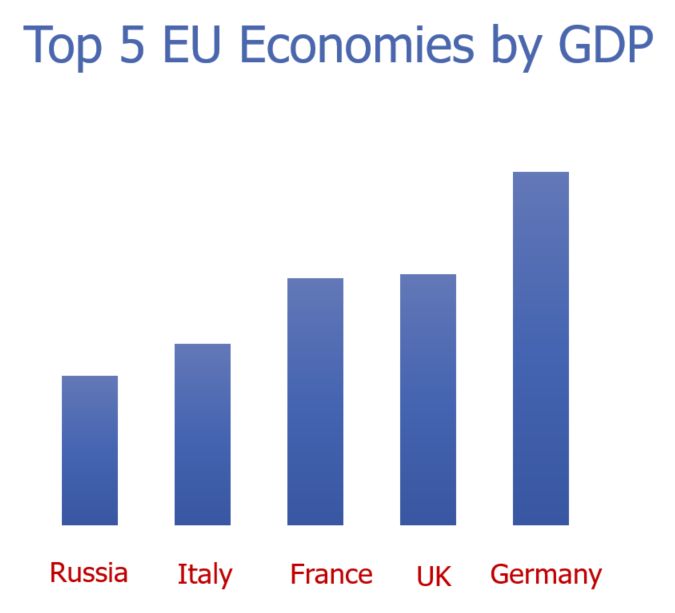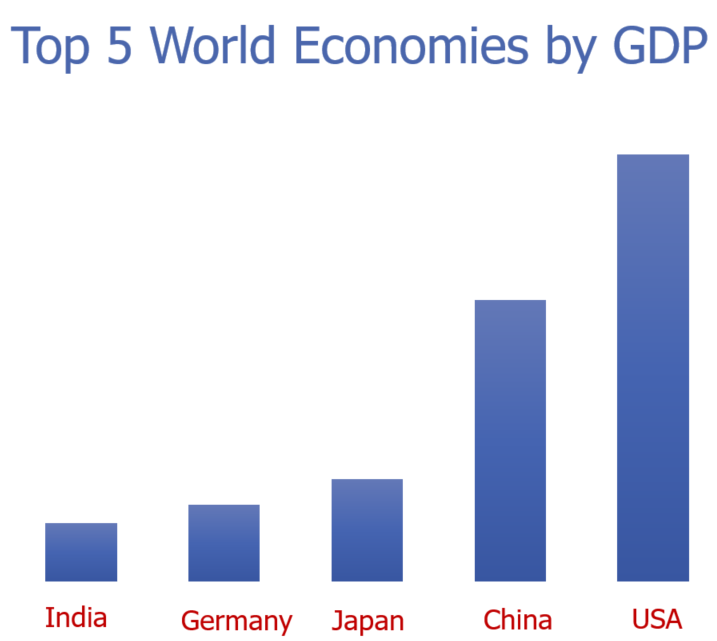Germanys 3rd Economic Miracle of the 20th Century
How did Germany achieve their 3rd economic miracle of the 20th century?
Text version of this video
We had the opportunity to visit Germany and study their economic success.
After the fall of the Berlin wall in 1989, the reunification of East and West Germany was predicted to severely damage their economy. Financial experts have estimated that it cost 2 trillion euros. Yet Germany emerged with an even stronger economy. How did they do it?
Training
Training is embedded in their culture. It has been a long-term strategy.
For individuals they provide extensive vocational and professional training:
- Academic education and Vocational training are equally valued and respected
- German employers invest in professional and vocational training for their employees. They are committed to training programmes as a strategy to attract and retain top talent
- Dual system of vocational training and quality apprenticeships for skilled trades offers a combination of technical theory and practical experience
How they handled industrial and economic decline in Bochum – North Rhine Westphalia.
Germany is very proud of their training and showed us how their training/retraining strategy worked in Bochum. The city is twinned with the city of Sheffield, because they had a common heritage of mining and steel production.
The crisis that caused so many problems for Stocksbridge was quickly handled in Bochum by offering training and re-training opportunities for redundant miners and steel-workers.
Training for businesses in Germany
During our visits and research in Germany we discovered why business survival rates were much higher in Germany than the UK.
For businesses, they provide comprehensive and high-quality business start-up training. To them, it is as natural as taking driving lessons when first learning to drive. Consequently, Germany has very few self-taught businesses.
The knowledge and skills required by businesses is widely underestimated. We have numerous examples of how success in business can be greatly increased by comprehensive and high-quality business training. The high proportion of self-taught businesses in the UK, jeopardises economic recovery and must be addressed as part of any economic recovery strategy
Is this strategy successful?
The statistics are unequivocal:

The German economy consistently outperforms all other European economies. Productivity is high and prosperity is enjoyed by the population.

On the world stage, Germany performs well against much bigger Countries.
Germany explains its success:
“A large part of the reason for the prominence of Germany’s economy on the world stage can be linked to the small and medium sized businesses (SMEs) of the Mittelstand. The Mittelstand is the engine of the German economy.”
The SME’s of Germany will drive their economic recovery.
What can the UK learn from Germany?
Training is a very important component of economic recovery. Business Boost training achieves greater economic prosperity more quickly and more cost effectively than any other single economic recovery activity.
However, wider use of training will require a change of attitude and culture.